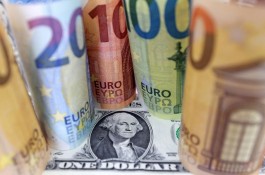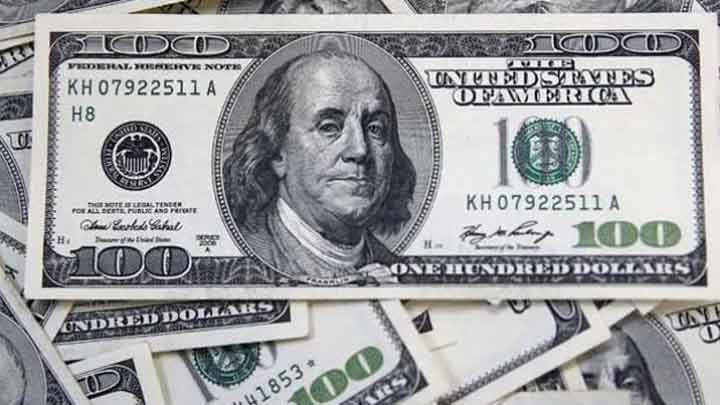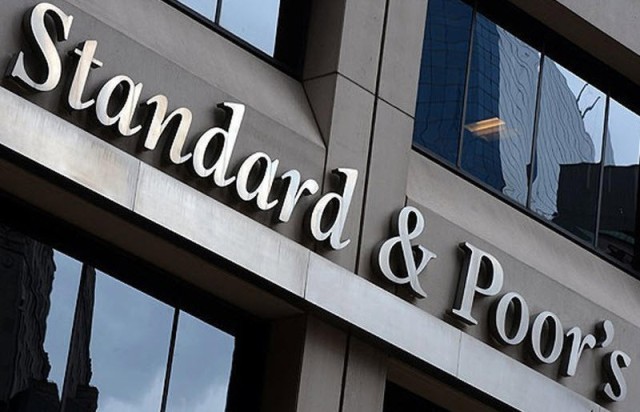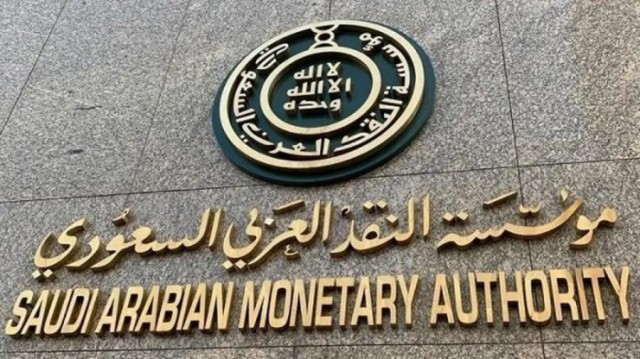Bankers said Gulf banks are seeking to reduce lending to reduce potential losses due to the Corona virus and an expected shortage of dollar liquidity in the oil-dependent region.
According to the Reuters news agency, Gulf banks are expecting a decrease in lending growth for crisis-affected sectors such as retail, tourism and transportation, but they also have to escape the repercussions of tumbling oil prices in the region.
Small businesses are expected to be the most vulnerable to falling demand and disrupted supply chains, hardest hit by lending restrictions.
"At the moment, banks are afraid to provide loans to small and medium companies, so I don't know how these companies will recover from this situation because they will not receive financial support," said a banker from the Emirates.
He has seen an increase in demand, said Kamal Al-Zarqa, chairman and founder of Falcon Group, which helps companies liquidate their stocks.
He said that sectors such as cars, aviation, retail and industry are all looking for liquidity, after obtaining renewable credit facilities from banks.
"The banks are not suicidal ... so there is no government intervention to stop some losses, the banks will not stand still to track who will survive and who will fail," he added.
Central banks in the Gulf have introduced stimulus measures in the tens of billions of dollars, postponed the repayment of loans to affected companies and individuals, and exempted borrowers from fees.
However, Gulf oil producers are facing the possibility of a significant increase in the fiscal deficit and are beginning to reduce public projects, which may limit the impact of stimulus measures.
While central banks in the region have followed their counterparts around the world and lowered interest rates, this is expected to reduce profitability as net interest margins shrink and credit volumes due to the pandemic are unlikely.
loss of liquidity
Banks in the Gulf must also adjust to the decline in hard currency flows as a result of the rapid collapse of oil prices.
Assuming the price of oil at $ 40 a barrel, exporters in the Middle East and North Africa are expected to see a drop in oil and gas revenues of $ 192 billion this year, according to an estimate by the International Finance Institute.
The institute said in a report that liquidity in banks may decrease with the decline in bank deposits linked to oil and the increase in non-performing loans.
A banker, who asked not to be named, said that a Saudi bank hedged a large part of its exposure to government bonds, adding that he would consider twice before investing in bonds denominated in US dollars.










































